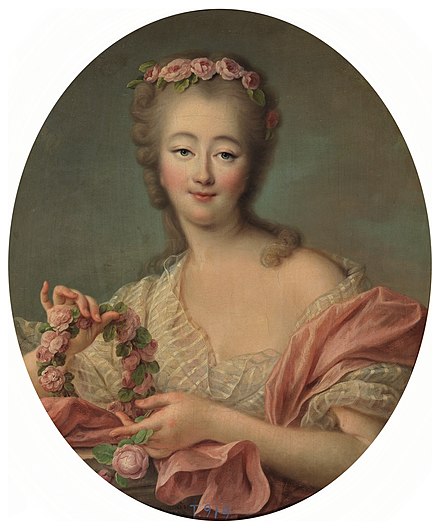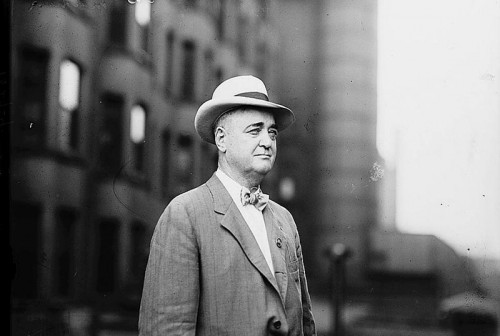Herodotus set himself the task of determining the cause of the conflicts between the Greeks and the eastern barbarians which had recently manifested itself in two Persian invasions of Hellas. The first had been repelled at Marathon in 490 BC by the Athenians, and by a combined fleet at Salamis in 480 BC and by a united army at Plataea the next year. Thus, his book is known variously as The Persian Wars or The Histories (from the Greek for “inquiries” or “researches”.)
These are the researches of Herodotus of Halicarnassus, which he publishes, in the hope of thereby preserving from decay the remembrance of what men have done, and of preventing the great and wonderful actions of the Greeks and barbarians from losing their due portion of glory; and to put on record what were the grounds of the feud.
I know that human happiness never remains long in the same place.
Now these Egyptians had done their guard duty for three years, and no one released them from it. So they took counsel together, and by general decision they all deserted and made for Ethiopia. Psammetichus heard of it and pursued them. When he came up with them, he entreated them mightily; he would have them, he said, not desert their household gods and their wives and children. At this, it is said, one of their number showed him his prick and said, “Wherever I have this, I will have wives and children.” So they took themselves off to the king of the Ethiopians and surrendered themselves to him, who gave them a gift in return.
In peace sons bury fathers, but in war fathers bury sons.
For if one should propose to all men a choice, bidding them select the best customs from all the customs that there are, each race of men, after examining them of all, would select those of his own people; thus all think that their own customs are by far the best.
It is better to be envied than pitied.
If the Greeks were given side dishes, say the Persians, they would never stop eating. They are very addicted to wine, and it is forbidden to vomit or make water in the presence of anyone else. They keep very strictly to this practice, too: that they are wont to debate their most serious concerns when they are drunk. But whatsoever they decide on, drunk, this the master of the house where they are when debating proposes to them again on the next day, when they are sober. And if they like it, too, when sober, they act on it; but if they do not like it so, they let it be. And whatever they debate, in preliminary fashion, sober, they give to final decision drunk.
The Spartans fought a memorable battle; they made it quite clear that they were the experts, and that they were fighting against amateurs.
[The Spartans] made it plain to everyone, however, and above all to the King himself, that although he had plenty of troops, he did not have many men.
This is the bitterest pain among men, to have much knowledge but no power.
The Scythians take cannabis seed, creep in under the felts, and throw it on the red-hot stones. It smolders and sends up such billows of steam-smoke that no Greek vapor bath can surpass it. The Scythians howl with joy in these vapor-baths, which serve them instead of bathing, for they never wash their bodies with water.















